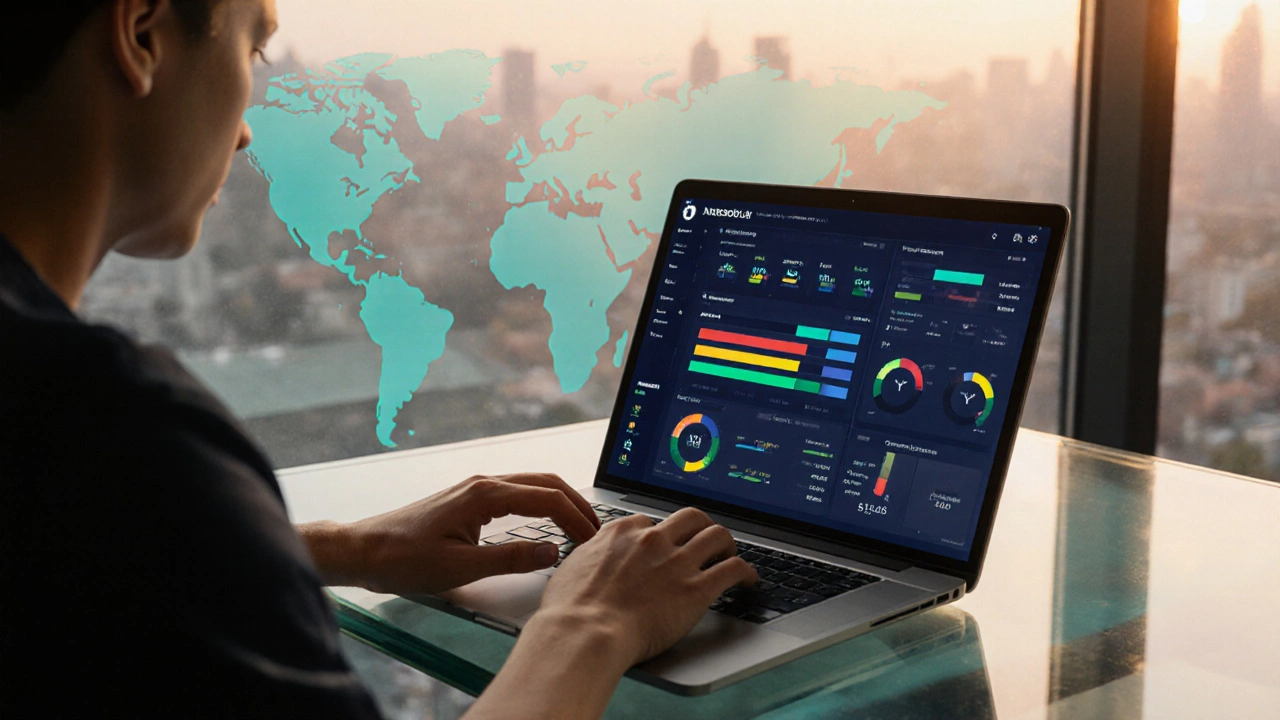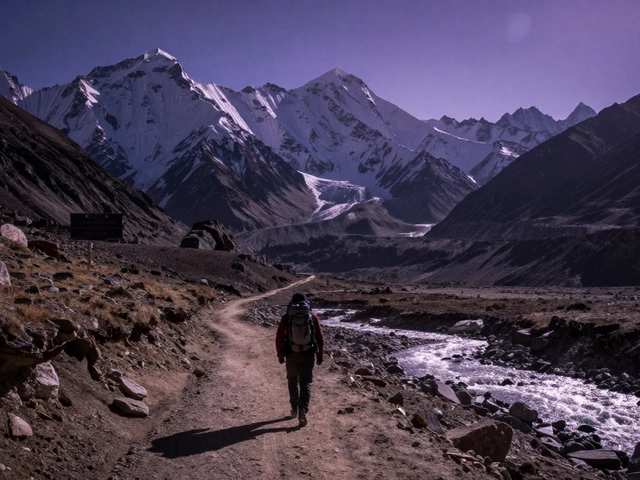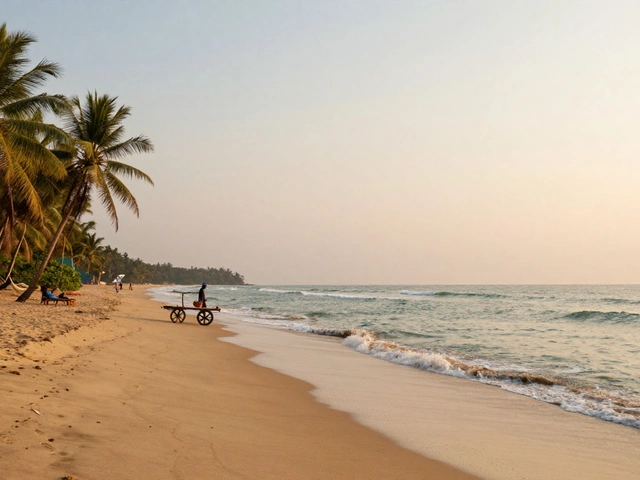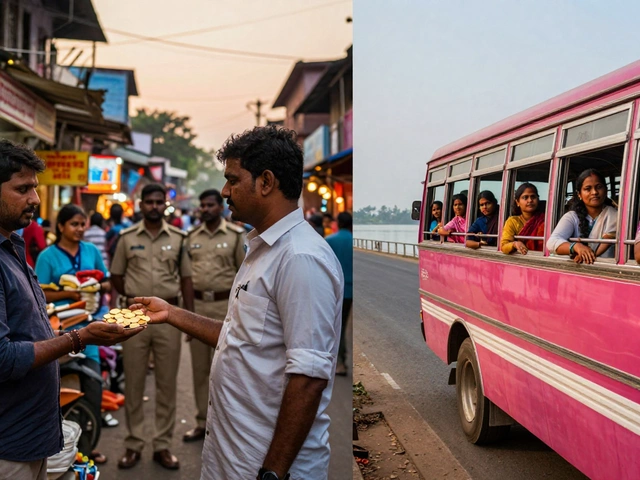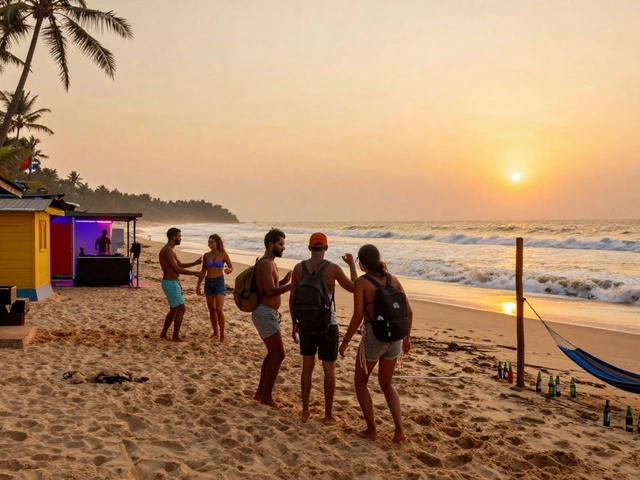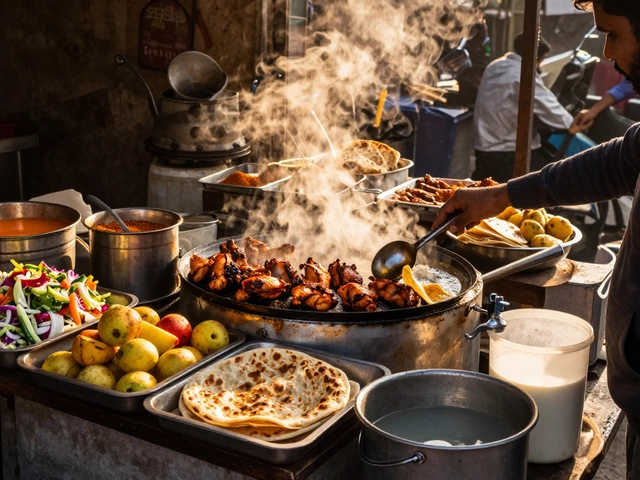2025 Safety Ranking Calculator
Enter Country Data
Enter values for each safety metric to calculate a composite safety score.
Safety Score Results
Composite Safety Score:
Key Takeaways
- Iceland tops the 2025 safety rankings, followed by Singapore, Japan, Finland and New Zealand.
- Safety scores combine crime data, political stability, health infrastructure and natural‑disaster risk.
- Even the safest nations have pockets of risk - know where tourists are most vulnerable.
- Use our quick checklist before booking to verify up‑to‑date safety information.
- Travel insurance that covers medical evacuation is still a must, even in low‑risk countries.
How Safety Is Measured Around the World
When you type “safest country” into a search engine you’ll see a jumble of lists. Most of them pull data from a handful of well‑known indices. The two biggest contributors are the Global Peace Index and the World Risk Report. The former looks at internal and external conflicts, homicide rates and militarisation, while the latter adds natural‑disaster exposure, pandemic preparedness and cyber‑security.
To build a composite safety score for 2025 we took the latest Global Peace Index (2024 edition), the United Nations Office on Drugs and Crime homicide statistics, the Economist Intelligence Unit’s political‑stability ratings, and the World Health Organization’s health‑system rankings. Each metric was normalised on a 0‑100 scale, then weighted (conflict=30%, crime=25%, political stability=20%, health=15%, disaster risk=10%). The resulting index tells us which countries consistently protect residents and visitors.
2025’s Top Five Safest Countries
Below are the nations that edged out the competition. The first mention of each country includes structured microdata so search engines can recognise the entity.
Iceland is a Nordic island nation renowned for low crime, a strong welfare state and minimal natural‑disaster risk. Its 2024 Global Peace Index score is 1.8, the best in the world.
Singapore is a city‑state in Southeast Asia famous for strict law enforcement, high‑tech surveillance and world‑class healthcare. It ranks second thanks to a homicide rate of 0.2 per 100000 people.
Japan is an East Asian country where cultural respect translates into low violent‑crime levels and excellent emergency‑response systems. Its political‑stability rating scores 92/100.
Finland is a Nordic state with transparent governance, high public‑trust policing and a robust health‑care network. Its disaster‑risk score is among the lowest in Europe.
New Zealand is an Oceanic country celebrated for community policing, political neutrality and strict gun‑control laws. It rounds out the top five with a 2024 peace score of 2.1.
Why These Nations Outperform Others
Low Violent‑Crime Rates
All five countries report homicide rates below 1 per 100000 inhabitants. Iceland, for instance, averages 0.3 per 100000, a fraction of the global average of 6.2. Strong social safety nets, universal education and low income inequality create environments where crime rarely escalates.
Political Stability and Rule of Law
Political stability is measured by the likelihood of government turnover, civil unrest and regulatory predictability. Singapore scores 95/100, reflecting its one‑party dominance but also its transparent legal framework. Finland and Iceland both hover around 90/100, thanks to long‑standing democratic institutions.
World‑Class Health Systems
In a pandemic‑prone world, access to quality medical care is a key safety component. Japan’s universal health coverage ensures that any visitor can receive emergency treatment for a flat fee, while New Zealand’s public hospitals have a 99% survival rate for trauma cases.
Minimal Natural‑Disaster Exposure
Geography matters. Iceland sits on a volcanic belt, yet stringent building codes and early‑warning systems keep disaster loss under 0.01% of GDP. Singapore, surrounded by sea, invests heavily in flood‑defence infrastructure that has withstood severe monsoons for decades.
Digital and Cyber Security
With travel increasingly tied to mobile payments, cyber‑security becomes part of overall safety. Singapore’s national cyber‑security strategy ranks among the top three globally, offering travelers encrypted Wi‑Fi zones and robust data‑privacy laws.
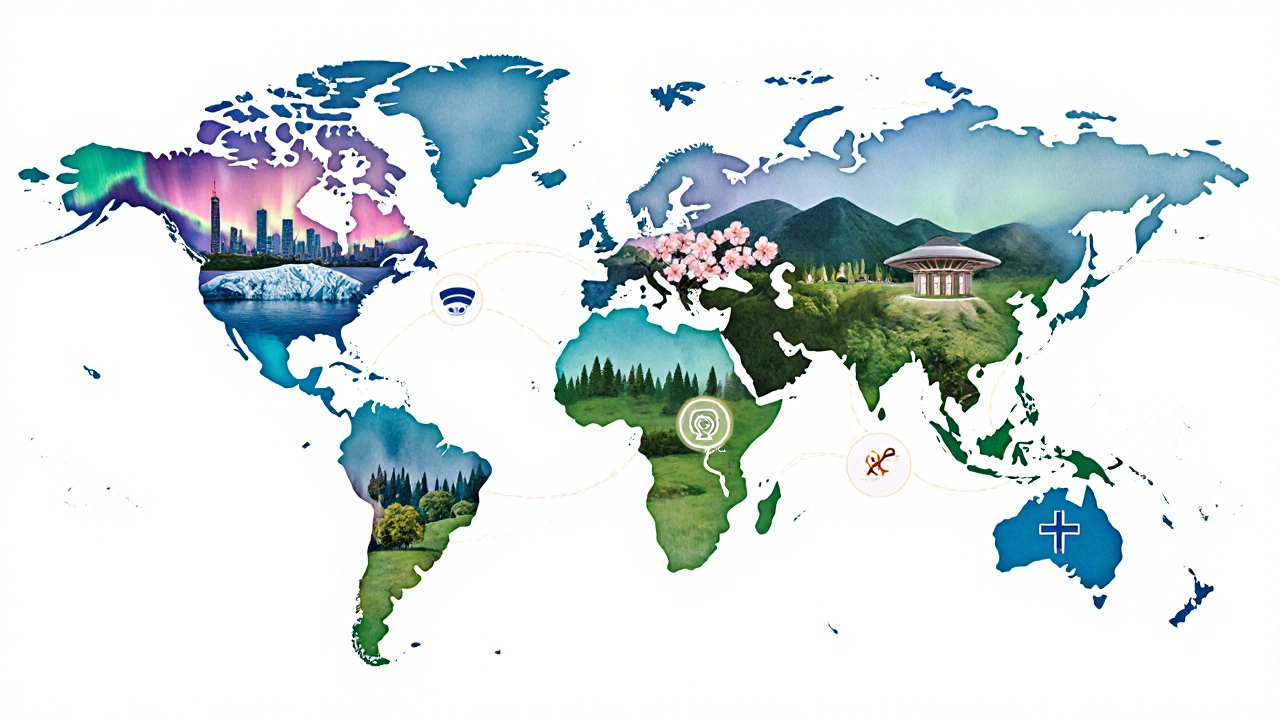
Quick Comparison Table
| Country | Global Peace Index Score (lower=more peaceful) | Homicide Rate (per 100k) | Political Stability Rating (out of 100) | Health System Ranking (World Health Org.) | Natural‑Disaster Risk (0‑10, lower=safer) |
|---|---|---|---|---|---|
| Iceland | 1.8 | 0.3 | 91 | 9th | 2 |
| Singapore | 2.2 | 0.2 | 95 | 4th | 3 |
| Japan | 2.4 | 0.5 | 92 | 6th | 4 |
| Finland | 2.5 | 0.4 | 90 | 5th | 2 |
| NewZealand | 2.1 | 0.7 | 89 | 8th | 3 |
How to Verify Safety Before You Book
- Check the latest Global Peace Index release (usually published in June).
- Consult the U.S. Department of State or your home‑country foreign‑affairs website for travel advisories.
- Read recent traveler reviews on platforms that allow incident reporting (e.g., TripAdvisor’s “Safety” filter).
- Confirm that your health insurance covers medical evacuation in the destination country.
- Register your itinerary with your embassy’s travel‑alert system.
Even in a safest country, staying informed reduces the chance of an unpleasant surprise.
Pitfalls to Watch Out For
Safety rankings are averages. Tiny regions within a safe nation can be risky. In Iceland, the Westfjords see occasional avalanche warnings in winter. Singapore’s strict drug laws mean that even minor possession can lead to severe penalties. Japan’s earthquake‑early‑warning system is excellent, but older wooden structures in rural towns may not meet the latest seismic codes.
Tourist scams often target high‑traffic areas, regardless of a country’s overall safety score. Keep an eye on pickpockets in Reykjavik’s main shopping street, and always verify the authenticity of street‑food vendors in Tokyo’s night markets.
Travel‑Safety Decision Checklist
- Is the country’s current safety index above 85 (out of 100) for political stability?
- Do recent news sources (last 3months) report zero major violent incidents involving tourists?
- Is there a reliable emergency‑services phone number reachable in English?
- Are you comfortable with the local health‑care cost structure and insurance coverage?
- Do you have a plan for natural‑disaster scenarios (e.g., volcano evacuation routes in Iceland)?
If you can answer “yes” to most of these, the destination is likely a good fit for a low‑stress trip.
Frequently Asked Questions
Which country is currently considered the safest for solo female travelers?
Iceland consistently ranks highest for solo female travelers because of its low violent‑crime rate, extensive public‑transport network, and a strong culture of gender equality.
How often do safety rankings change?
Major indices update yearly, but some metrics (like homicide rates) are released quarterly. Sudden political events can cause interim advisory changes.
Is it safe to travel to these countries without travel insurance?
Even in the most secure nations, unexpected medical emergencies or flight cancellations happen. Insurance that covers evacuation and repatriation is still recommended.
Do these safety scores include COVID‑19 related risks?
Yes. The World Risk Report adds pandemic preparedness as a sub‑metric, so countries with robust vaccination campaigns (like Singapore) score better.
Can safety rankings influence visa requirements?
Indirectly. Low‑risk countries often enjoy reciprocal visa‑free agreements, but each nation sets its own policy based on diplomatic and security considerations.
